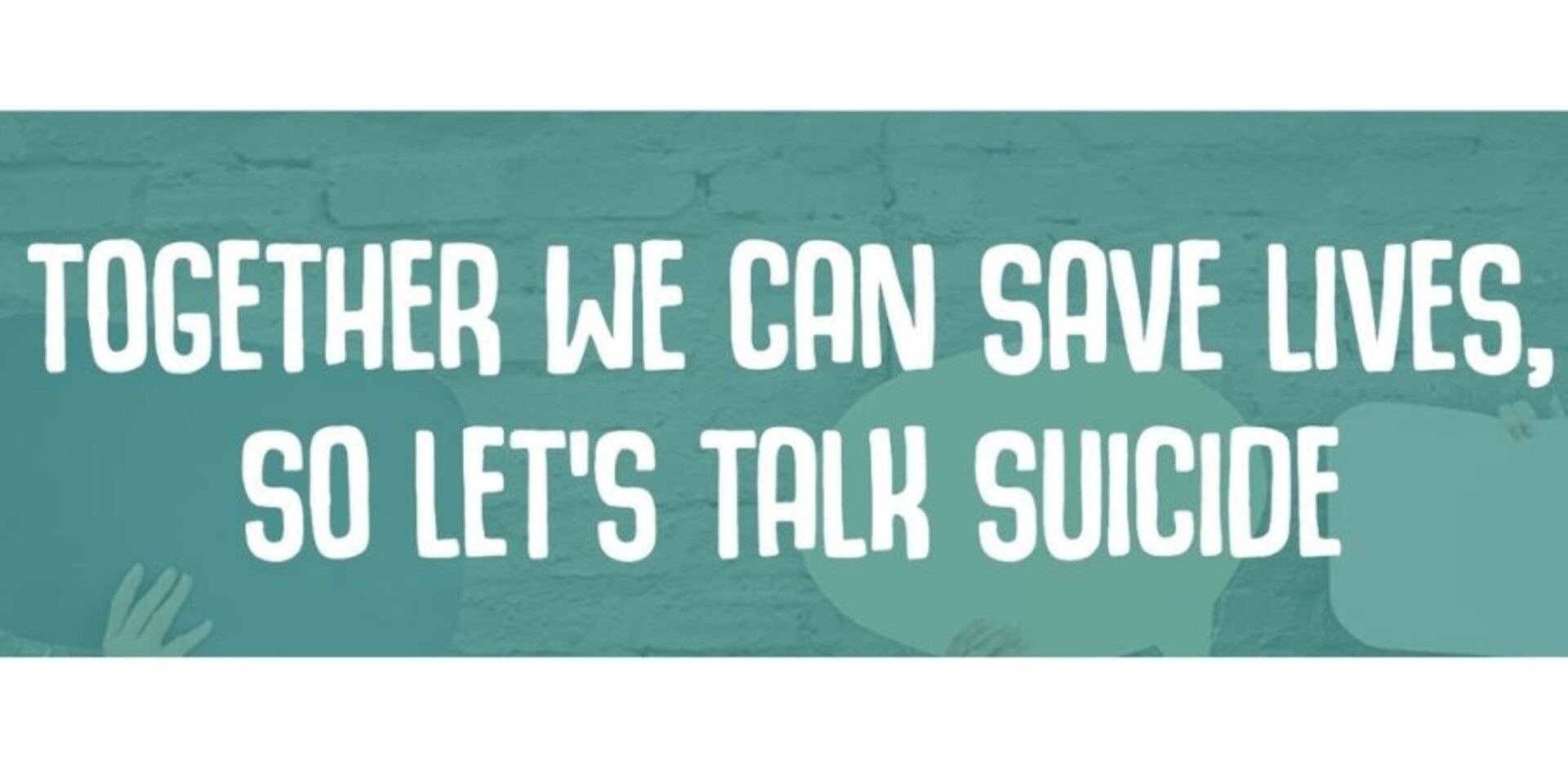Breaking the stigma around mental health and suicide – Stephanie Craig

Second year care experienced Social Work student Stephanie Craig opens up about her battle with mental health and how she’s looking ahead to a positive future after being involved with a suicide awareness advert, ITV News and work with Police Scotland.
Tell me about your journey with mental health and suicide?
"I went through 14 years of abuse and I knew that I didn't want to be here and live this life any more.
I wasn't the best behaved in school and the minute I left the classroom I was up to all sorts of mischief and trouble because that was my way of showing that something wasn't right.
For a long time it was just life and confusion. I carried a lot of shame and that's one of the most toxic emotions you can feel.
I'm proud that I've came through this the way I have and I'm not sitting back on a story that a lot of people relate to.”
How did you come to be involved in the suicide awareness advert?
“I’m a member of the Lived Experience Panel that SAMH run. I met someone at college a few years ago who worked with the charity and I’ve had a lot of experience with them since.
There’s a new campaign that’s been brought out recently across Scotland called ‘United to Prevent Suicide’ which is something the panel created.
The advert is really to encourage people to talk more about how they’re feeling and to stop the stigma around mental health.”
You were also on ITV News talking about your experiences in care and to raise awareness of mental health – what was that like?
“They came up from England to interview me and I found it really weird that ITV news actually went to the effort to speak to me. It was nerve-racking but the response from everyone has been pretty cool.
I grew up in care and it was really traumatic. I also spent six years trying to end my life. This interview gave me the chance to talk about that, how I got out of it and how I am where I am today.”
Tell me about your work with the police and how it felt getting involved?
“I’m still on a high from doing it to be honest – I think I’ll probably mention it till I’m about 70 years old!
Someone from the Scottish Government heard my story at an interview and got in touch. I’ve already met with two groups of police officers and negotiators to talk about my experiences and I’ll be going up to the college in November to talk to the trainee negotiators about mental health, suicide and care. I never expected to be involved in anything like this – it’s just amazing.”
How proud are you for what you’ve been involved with and achieved?
“Sometimes I do feel proud but it’s vital for me to share my experiences and it wouldn’t be right to sit on a story that people need to hear.
At one point I didn’t think I’d make it out alive to be honest – whether that was at the hands of being abused or mental health.
I just don’t want anyone to feel the way I’ve felt and to be sitting at a train station and feel there’s no other way out.
It’s the worst feeling on the planet, so I want to do the best I can to make sure everyone understands mental health and try to stop people treating folk differently for something they don’t understand.”
You can watch the United to Prevent Suicide advert on Twitter and also listen to an interview with Stephanie.
GCU’s Wellbeing team offer support to students and staff for all aspects of mental health. You can visit their website or contact them directly by emailing studentwellbeing@gcu.ac.uk
Support from the University is also available to students from care experienced backgrounds
*Please note the answer to the first question came from Stephanie’s interview with ITV News and was used for context to this overall piece.
By Ross Clark
Got an SHLS or GSBS story? Email me at Ross.Clark@gcu.ac.uk or message me on Twitter
